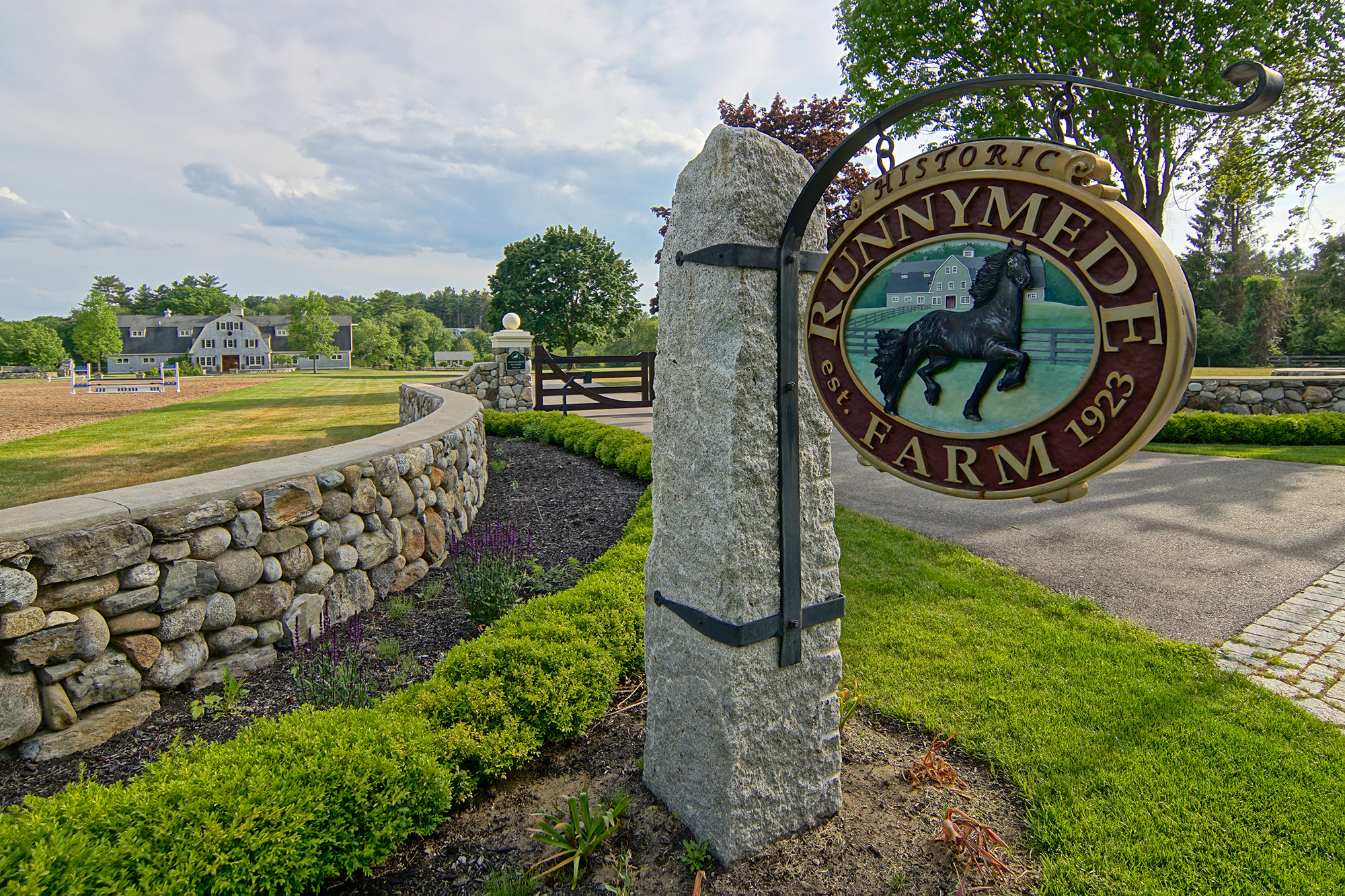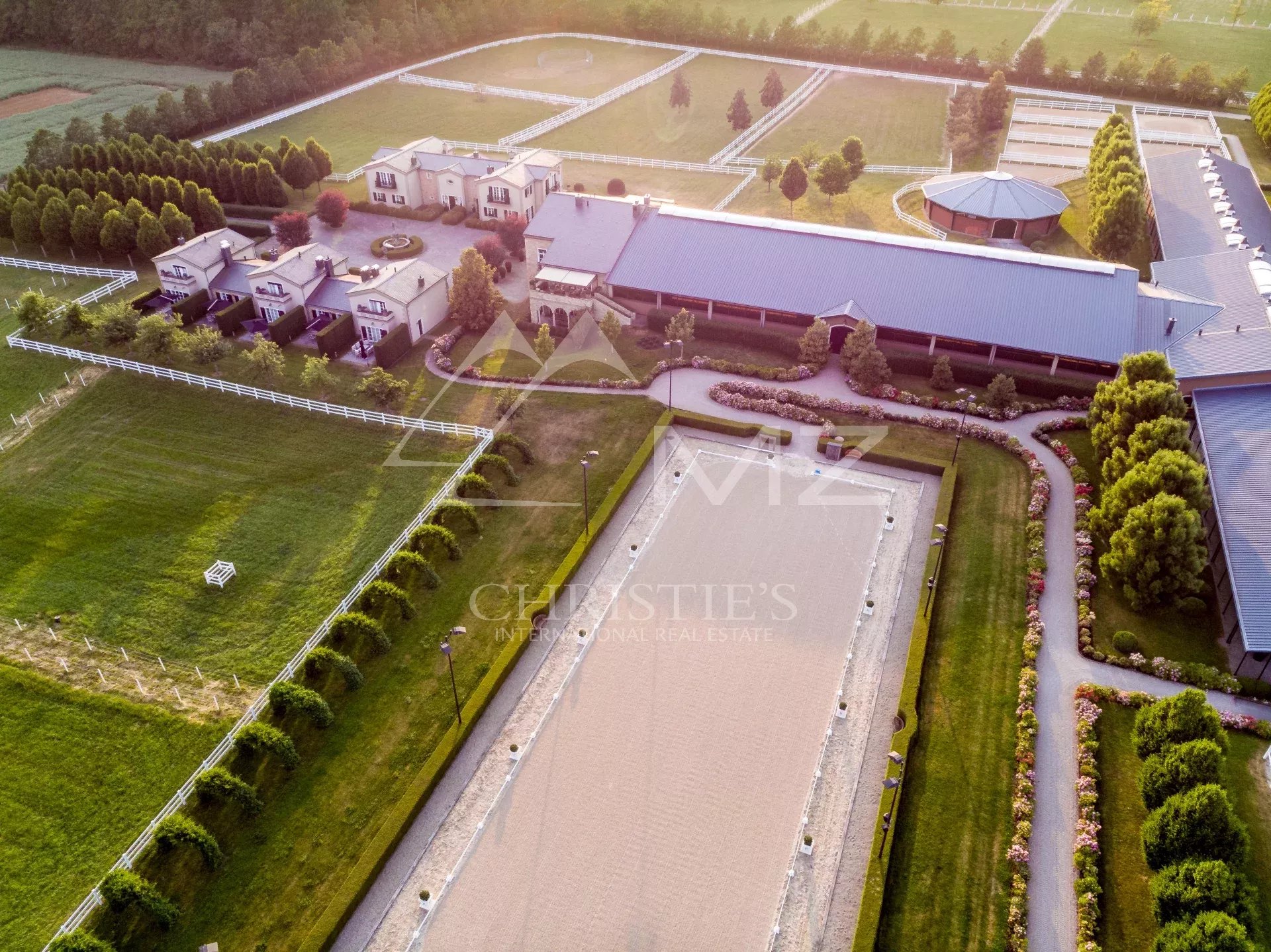The Ultimate Guide to Horse-Friendly Real Estate

When searching for the perfect property that caters to both you and your equine companions, there are several important factors to consider. This guide will walk you through everything you need to know about horse-friendly real estate, from essential features to legal considerations.
What is Horse-Friendly Real Estate?
Horse-friendly real estate refers to properties that are suitable for keeping, training, and caring for horses. These properties typically include ample land, appropriate fencing, and facilities such as barns or stables.
Key Features to Look For
| Feature | Description |
|---|---|
| Acreage | Sufficient land for grazing, exercise, and turnout. Typically, 1-2 acres per horse is ideal. |
| Fencing | Safe, durable fencing like wood or vinyl to prevent injury and escape. |
| Shelter | Barns, stables, or run-in sheds to protect horses from weather. |
| Water Supply | Reliable access to clean water for drinking and maintenance. |
| Terrain | Flat or gently rolling land to reduce injury risk and facilitate training. |
| Accessibility | Easy access for trailers, vets, and farriers. |
Additional Amenities
- Tack rooms and feed storage areas
- Riding arenas or round pens
- Wash racks and grooming stations
Legal and Zoning Considerations
Before purchasing, verify local zoning laws and regulations regarding horse ownership. Some areas have restrictions on the number of animals or require specific permits.
Benefits of Horse-Friendly Properties
- Enhanced lifestyle for horse owners
- Potential for boarding or training businesses
- Increased property value in equestrian communities
Frequently Asked Questions (FAQ)
Q1: How much land do I need per horse?
A: Generally, 1 to 2 acres per horse is recommended to provide adequate grazing and exercise space.
Q2: What type of fencing is safest for horses?
A: Wood and vinyl fencing are popular choices due to their visibility and safety.
Q3: Are there special maintenance needs for horse properties?
A: Yes, regular upkeep of fencing, pastures, and facilities is essential to ensure safety and health.
Q4: Can I run a horse boarding business on a horse-friendly property?
A: This depends on local zoning laws and property size; always check regulations before starting a business.
Conclusion
Investing in horse-friendly real estate requires careful planning and consideration of both your needs and those of your horses. By focusing on the right features and understanding legal requirements, you can find a property that offers a safe and enjoyable environment for your equine friends.
This detailed guide aims to help prospective buyers make informed decisions and enjoy the benefits of horse-friendly living.
